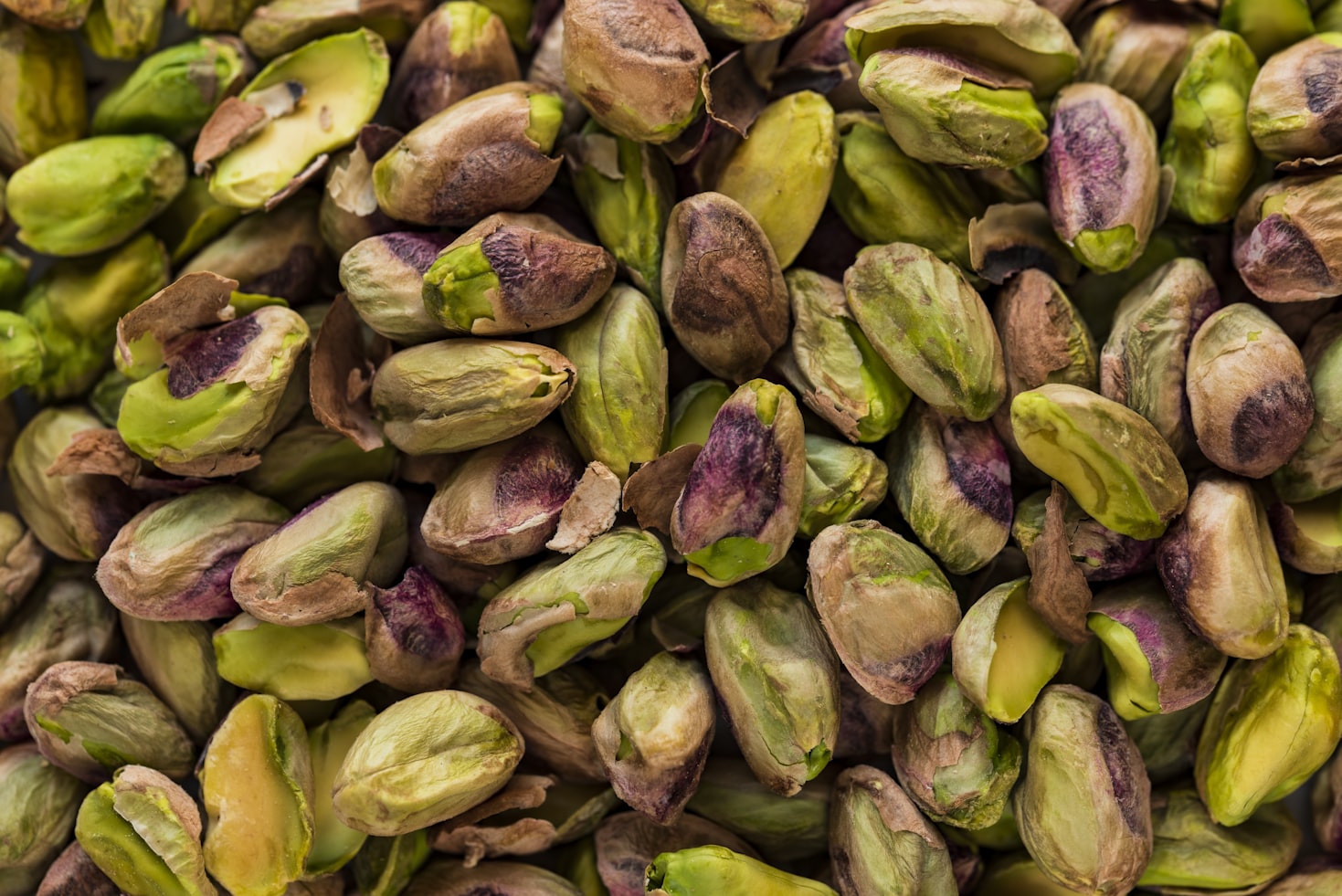Is Miso Soup Keto Friendly?
Miso soup is a traditional Japanese dish made from fermented soybeans, and it has gained popularity worldwide due to its unique flavor and health benefits. However, if you are following a ketogenic diet, you may be wondering if miso soup is compatible with your low-carb lifestyle. In this article, we will explore the nutritional composition of miso soup, its potential impact on ketosis, and provide valuable insights to help you make an informed decision.
The Nutritional Composition of Miso Soup
Miso soup is primarily made from fermented soybeans, which are rich in protein, fiber, and various vitamins and minerals. However, the exact nutritional composition of miso soup can vary depending on the specific ingredients used and the preparation method. Generally, a typical serving of miso soup (1 cup) contains:
- Calories: 40-60
- Protein: 2-4 grams
- Fat: 1-2 grams
- Carbohydrates: 4-6 grams
- Fiber: 1-2 grams
- Sodium: 600-900 milligrams
It’s important to note that the nutritional values can vary depending on the brand or recipe used. Some miso soups may contain additional ingredients such as tofu, seaweed, or vegetables, which can slightly alter the nutritional profile.
Miso Soup and Ketosis
Ketosis is a metabolic state in which your body primarily relies on fat for fuel instead of carbohydrates. To achieve and maintain ketosis, it is crucial to limit your carbohydrate intake to a very low level, typically below 50 grams per day. Therefore, the carbohydrate content of miso soup needs to be considered when following a ketogenic diet.
While miso soup does contain carbohydrates, the amount is relatively low compared to other foods. A typical serving of miso soup contains around 4-6 grams of carbohydrates, with a portion of this coming from fiber. As fiber is not digested by the body and does not significantly impact blood sugar levels, it can be subtracted from the total carbohydrate count, resulting in a lower net carb value.
However, it’s important to be mindful of portion sizes and the overall carbohydrate content of your meals when incorporating miso soup into a ketogenic diet. If you are following a strict ketogenic diet, you may need to limit your portion size or adjust your meal plan to accommodate the carbohydrates in miso soup.
Benefits of Miso Soup
Miso soup offers several health benefits that make it a popular choice among those seeking a nutritious and flavorful option. Some of the potential benefits of consuming miso soup include:
- Probiotics: Miso soup is a fermented food, which means it contains beneficial bacteria known as probiotics. These probiotics can support a healthy gut microbiome and improve digestion.
- Nutrient-rich: Miso soup is a good source of essential nutrients such as vitamins B, E, and K, as well as minerals like copper, manganese, and zinc.
- Antioxidants: The fermentation process used to make miso soup increases its antioxidant content, which can help protect against oxidative stress and reduce the risk of chronic diseases.
- Heart health: Some studies suggest that consuming miso soup may help lower blood pressure and reduce the risk of heart disease due to its high potassium and low sodium content.
FAQs about Miso Soup and the Keto Diet
1. Can I have miso soup on a keto diet?
Yes, you can have miso soup on a keto diet, but it’s important to consider the carbohydrate content and portion size to stay within your daily carb limit.
2. Is miso soup high in carbs?
Miso soup contains a moderate amount of carbohydrates, typically around 4-6 grams per serving. However, the net carb value can be lower when subtracting fiber.
3. Can miso soup kick you out of ketosis?
If consumed in moderation and within your daily carbohydrate limit, miso soup is unlikely to kick you out of ketosis. However, individual responses to carbohydrates can vary, so it’s important to monitor your ketone levels and adjust your intake accordingly.
4. Are there any keto-friendly alternatives to miso soup?
If you are looking for keto-friendly alternatives to miso soup, you can consider making bone broth-based soups or vegetable-based soups with low-carb ingredients.
5. Can miso soup help with weight loss on a keto diet?
Miso soup can be a nutritious and low-calorie addition to a keto diet, which may support weight loss. However, it’s important to consider your overall calorie intake and maintain a balanced diet for sustainable weight loss.
6. Can miso soup be part of a balanced keto meal plan?
Yes, miso soup can be part of a balanced keto meal plan when consumed in moderation and combined with other low-carb, high-fat foods.
Summary
Miso soup can be a flavorful and nutritious addition to a ketogenic diet, but it’s important to consider its carbohydrate content and portion size. With its potential health benefits and relatively low carb count, miso soup can be enjoyed as part of a balanced keto meal plan. However, individual responses to carbohydrates may vary, so it’s essential to monitor your ketone levels and adjust your intake accordingly. As with any dietary decision, it’s best to consult with a healthcare professional or registered dietitian to ensure that miso soup aligns with your specific nutritional needs and goals.





